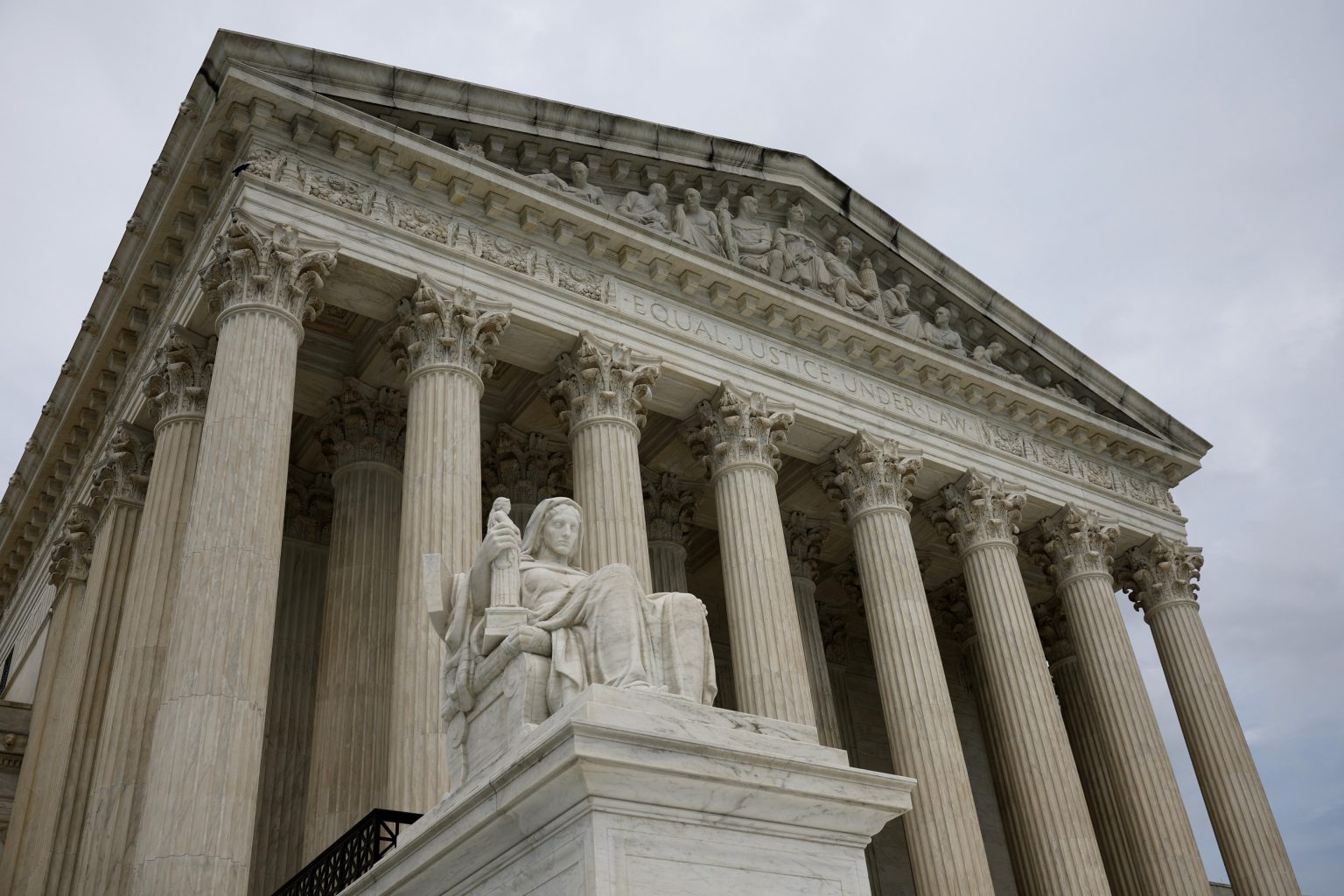The Supreme Court recently upheld two environmental regulations put in place by the Biden administration as part of an effort to curb climate change. The regulations tightened limits on mercury and methane emissions during energy production under the Clean Air Act. A group of states and industry groups challenged the regulations, arguing that they were impossible to meet and would threaten the U.S. energy supply. They also claimed that emissions were already low enough. However, the EPA defended the regulations, stating that they fell within its legal responsibilities and would protect public health. The regulation of mercury can reduce the risk of heart attacks and cancer, while regulating methane can have a more immediate impact on curbing climate change.
The regulations include limits on emissions of toxic metals from all coal plants and a requirement for oil companies to monitor leaks from well sites and compressor stations. The Supreme Court’s decision not to halt the rules, temporarily as requested by the coalition, sends a strong message in support of reducing harmful emissions from energy production. The court has previously struck down other environmental regulations, including those related to carbon dioxide emissions from power plants and a ruling that temporarily halted enforcement of the “good neighbor” rule meant to restrict emissions from industrial sources. The court is also still considering challenges to a third regulation that limits pollution from coal-fired power plants.
The ruling upholding the regulations is a significant win for the Biden administration as it continues its efforts to combat climate change and prioritize environmental protection. The regulations are aimed at reducing harmful emissions that contribute to health risks and climate change impacts. The decision aligns with President Biden’s goals to transition towards cleaner energy sources and reduce reliance on fossil fuels. By supporting these regulations, the Supreme Court is affirming the importance of bold action to address pressing environmental issues and protect public health.
The regulations have been met with opposition from states and industry groups who argue that they are too strict and would negatively impact the energy supply in the U.S. However, the EPA has defended the regulations, stating that they are necessary to protect the health of the public and the environment. The regulation of mercury can have significant health benefits, reducing the risk of heart attacks and cancer. Additionally, regulating methane emissions can have a more immediate impact on curbing climate change, as methane breaks down more quickly in the atmosphere than carbon dioxide. The Supreme Court’s decision to uphold these regulations sends a clear message in support of environmentally responsible practices and the importance of reducing harmful emissions from energy production.
The Supreme Court’s decision not to halt the regulations as they are being challenged in lower courts is a significant development in the ongoing battle over environmental regulations. The court’s refusal to temporarily halt the rules indicates a recognition of the urgency of addressing climate change and protecting public health. The regulations are a key part of President Biden’s efforts to combat climate change and transition towards cleaner energy sources. By upholding these regulations, the Supreme Court is sending a strong message in support of environmental protection and the need for bold action to reduce harmful emissions and mitigate the impacts of climate change. The decision underscores the importance of prioritizing environmental concerns and taking proactive measures to address pressing environmental issues.








